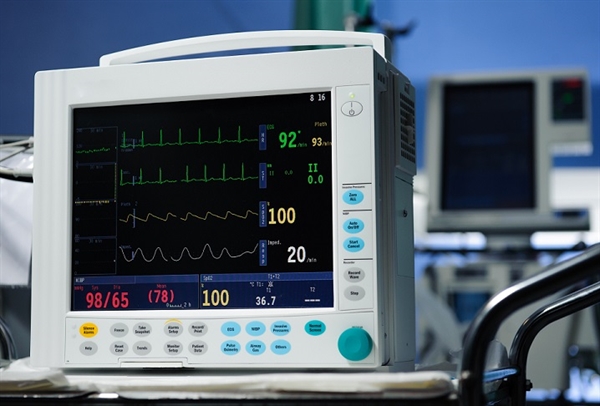Technology evolves constantly and the changes wrought in the workplace by technological advancement are more or less continual. This is especially true of medicine and nursing, where technological advances are constantly forcing nurses to adapt and change. Ideally, technology serves to improve the delivery of healthcare, and to improve health outcomes. At best, it improves accuracy and efficiency.
At worst, it makes yet more work for over-worked nurses. The trick is to identify technology that’s here to stay, and to weed out technological advances that add little value. If you’re entering nursing school, enrolling in an online nursing program, or going from RN to BSN, you may be wondering how tech-savvy you may need to be as a nursing student.
Human nature is often resistant to change, but nurses and other medical professionals cannot afford the luxury of sticking with the old, tried, and true rather than accept and adapt to change. More than among virtually any other profession, medical personnel must be willing and able to embrace technological advances and the changes they bring.
Old School or Out of Date?
Keeping up-to-date, and keeping everyone on the same page is a constant challenge. It’s made still more complex by the fact that the nurses in a given workplace may come from up to four different generations. Diverse in everything from age, to exposure to, and training in, various forms of new and emerging technology, these groups bring differing viewpoints and experiences—as well as preconceived notions—to the workplace. The challenge is to get everyone to agree on policies, procedures, and best practices, so the team can work cohesively toward the common goal of delivering the best possible health care.
Nurses from the pre-baby boom era (traditionalists), Baby Boomers, generation X and Generation Y must all work together in some instances. Older nurses are repositories of vast experience and knowledge, but younger nurses are often more tech savvy, having been raised on computers and smart phones in the age of Google and Wikipedia. Electronic charting and electronic medical records (EMR) are helping to streamline the charting process and improve information retrieval and sharing.
The Advantages of Youth
But, we find ourselves in an unusual situation in which younger nurses are often required to mentor older ones—and not vice versa—thanks to their superior grasp of changing technologies. This is actually a good thing, because it’s a way in which younger, less-experienced nurses can build their own confidence and sense of value to the team.
Experienced nurses, on the other hand, are more likely to view their younger colleagues as competent members of the team, as they become more comfortable turning to younger colleagues for assistance.
No one expects a student entering a nursing school, or enrolling in an online nursing program, to be an information technology (IT) expert, but there’s no doubt that IT is becoming an increasingly important aspect of the profession. Accurate records keeping has always been crucial to good medical practice, and these days that means a certain facility with computers and digital technology. As such, young people entering the profession may be at a bit of an advantage. They’ve been raised in a world where these sorts of skills are largely second nature.


